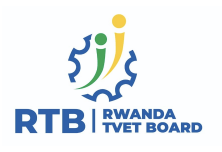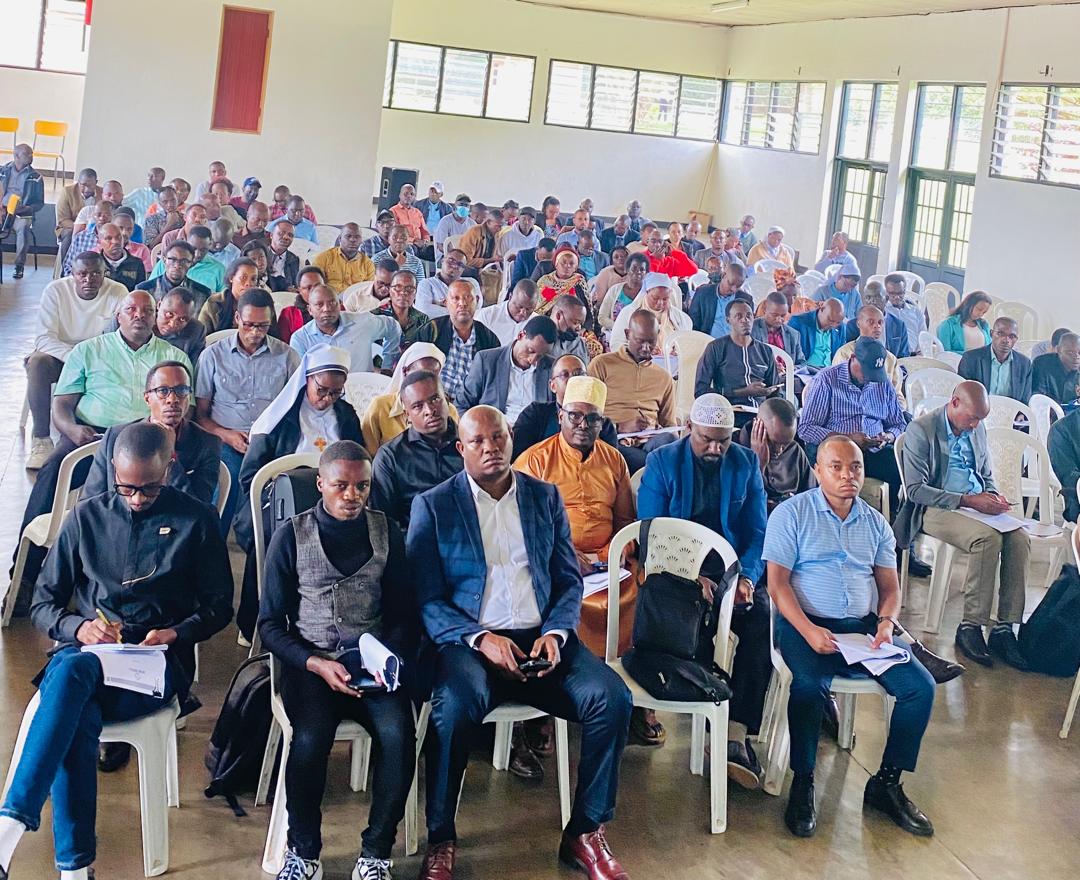Rwanda TVET Board (RTB) launches the first batch of training for Phase III of the SDF under the PSGYE Program.
Kigali, on Friday, 28th March 2025, the Rwanda TVET Board launched the Skills Development Fund trainings under the first call of PSGYE, which will train approximately 15,000 individuals.
The event was attended by RTB staff and 293 successful applicants from various sectors, including agriculture, energy, hospitality, ICT, manufacturing, mining, transport and logistics, as well as beauty and aesthetics.
In his opening remarks, Mr. UWIMANA Eugene, TVET Skills Development Program Manager at the Rwanda TVET Board (RTB), on behalf of the RTB Director General, reminded the representatives of the objectives of the Skills Development Fund (SDF). He emphasized its crucial role in job creation and its contributions to both the short- and long-term development goals of the Government.
He provided a brief overview of the Skills Development Fund (SDF) and reminded participants about the evaluation process, which began in December 2024 with the launch of the call for grant proposals. He emphasized the importance of fairness and transparency throughout the process, noting that the successful applicants were selected based on their ability to meet the established requirements.
After the opening remarks, a presentation was delivered on the terms of the contract. The aim was to help participants clearly understand the provisions of the contract so they could make an informed decision on whether to proceed with signing it, decline, or propose adjustments. The presentation focused on the following key areas:
-
- Responsibilities of RTB and the Grantee
- The Framework Contract
- Reporting Framework
- Training Start Date
- Recruitment of Trainees
- Training Duration
- Contract Signatories
- Installation of Signposts at Implementation Sites
- Combating All Forms of Corruption Throughout the Entire SDF Application and Implementation Cycle
- Cross-Cutting Modules on Entrepreneurship and Climate Change
- Budget Lines
- Occupational Health and Safety



